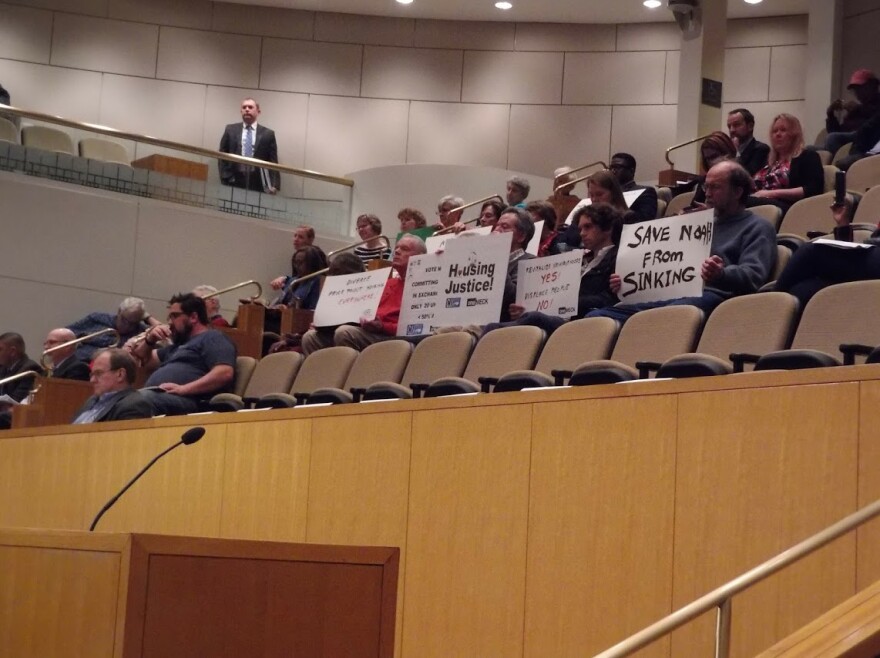New donations have pushed Charlotte's private-sector affordable housing fund to $53 million, beating a $50 million goal.
The latest money comes from Novant Health, Duke Energy, and Charlotte's Levine family. In June, a previous round of funding put the total at $44 million in the private Charlotte Housing Opportunity Investment Fund.
The private sector fund begun in spring 2018 is aimed at matching other funds for affordable housing development, including $50 million in city Housing Trust Fund bonds voters approved last November.
Meanwhile, other donations from the Levines and law firm Moore & Van Allen have helped boost the total raised for a separate new fund called "A Way Home." It tries to prevent homelessness through rent subsidies and social services.
Including that fund, more than $270 million in public and private sector funds and land donations have been committed over the past year, according to the Foundation for the Carolinas, which is managing a citywide campaign.
The housing funds and land donations, along with tax breaks and other incentives, are being used to help trim the costs of developing new housing. That allows property owners to offer below-market rents, and keep housing affordable for people who make less than the area median income. City officials estimate the Charlotte has a shortage of at least 36,000 units, and probably more with the loss of existing affordable units every month.



